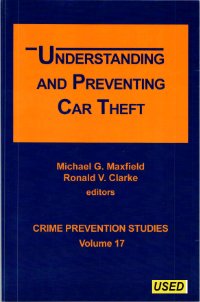By Camello, M., Gomez Cardoso, A., Planty, M., Ruiz, C., & Cramer, J
Real-time crime centers (RTCCs) are centralized hubs that integrate data from various sources to provide law enforcement agencies and their officers with actionable intelligence and enhanced situational awareness in real-time. This report defines RTCCs, describes the activities that RTCCs support, outlines the technology workflow of an effective RTCC, and examines the technical, operational, and governance considerations for implementation.
Research Triangle Institute, NC: Criminal Justice Technology Testing and Evaluation Center; RTI International , 2024. 24p.








